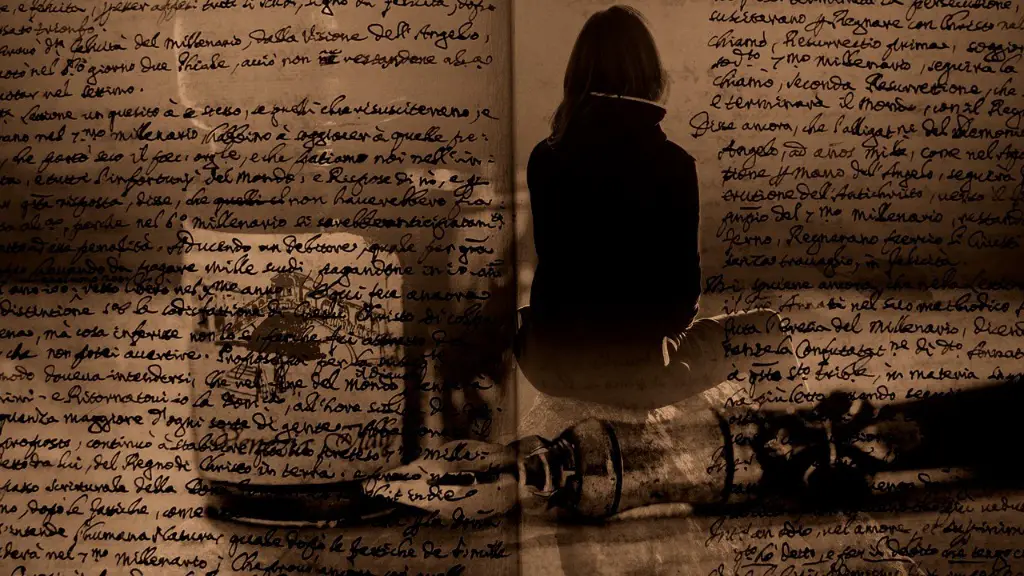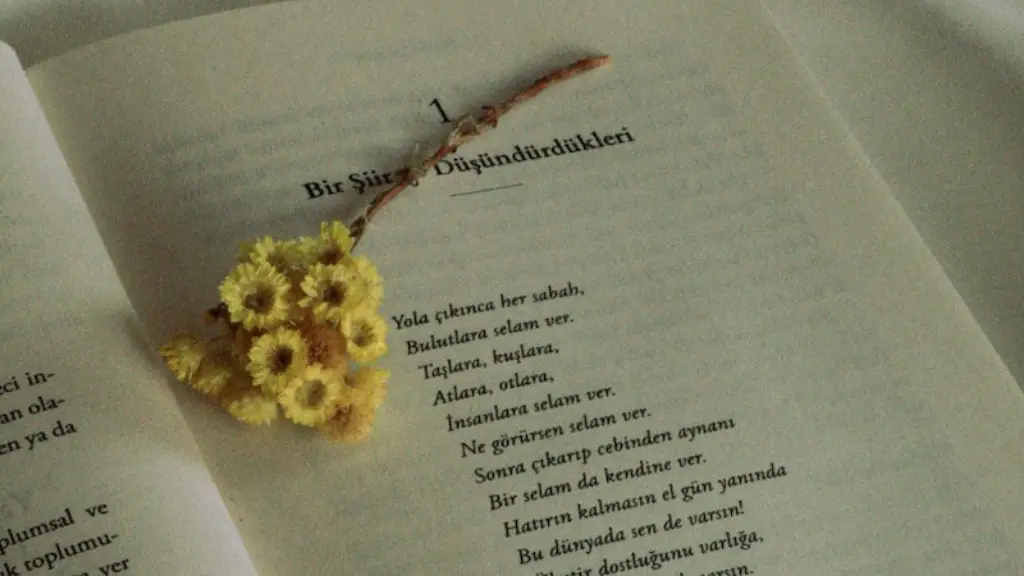Concept
Poetry translation is the re-rendering of a poem from its origin language into another language, retaining the poetic qualities of the original work. It is a highly complicated and intricate process that requires a translator to be cognizant of both the form and content of the poem. As a translator, one must stay true to the artistic and imaginative potential of the poem. Translators must also be mindful of the intricacies of the language structure and be heedful of nuances and subtleties in imagery and allusions.
Components
Translating poetry requires a translator to analyze the poem, breaking it down into distinct components. For example, the translator is tasked to consider the metre, syllabic structure, rhythm, rhyme, connotations, and topical references. Retaining these components is the key to a successful translation. A translator must also strive to capture and preserve the essence of the poem by utilizing craft and poetic sensibilities.
Purpose
The purpose of poetry translation is to bring an artwork to a wider audience, ensuring wider appreciation and comprehension of the poem. A translator must be respectful of the work, balancing transference of meaning whilst preserving the artistic intent of the piece. In doing so, the translator acts as the conduit for recognition of the work and its message for audiences unfamiliar with the poem’s origin language.
Challenges
The translation of poetry poses many challenges for the translator. One of the most difficult aspects is to capture the spirit of a poem in another language, as high poetic expression often depends on the words and language structure of the source language. Translating poetry also requires an aesthetic and intricate approach as the translator must remain faithful to the original author’s artistic intent.
Techniques
A translator must approach a poem with an understanding of the language and its artistry. Novel and creative methods of translation can be employed, such as using emphatic words and writing in unfamiliar syntax and forms, as well as experimenting with sound, rhythm, and alliteration. Found poetry and collaborative translations, where several translators create a single translation, can also be utilized.
Relationship To Linguistics
Poetry translation touches different aspects of language and linguistics. It brings about a linguistic exchange and opens the door for further dialogue. It enables not just the discussion of poetry, but that of language and its many nuances. As such, poetry translation is closely intertwined with linguistics and serves as a key platform for investigating language.
Current Literature
Poetry translation is slowly becoming an area of critical studies, with the current beginnings of a new field in publication, conferences, and critical works. Prominent scholars such as Edwin Morgan and Anne Carson focus on poetry translation and teaching poetry translation. Organizations such as the Poetry Translation Centre and the International Poetry Studies Institute are also emerging, bringing current and relevant scholarship to the field.
Popular Poetry Translations
Famous examples of poetry translations include Robert Frost’s translations of Rabindranath Tagore, Ted Hughes’ translation of Ovid, and Seamus Heaney’s translation of Beowulf. Each translation showcases a different approach and method of translation, highlighting how the process of translation can vary greatly. Notable translations of Ancient Greek poetry include Fitzgerald’s translation of the Iliad, and the collaborative translation of Sappho in the 1990s.
Public Engagement
Public engagement with poetry translation is becoming more frequent, through numerous forums and workshops. The demand for poetry translation is growing, owing to the multitude of opportunities available to explore language, such as workshops held by translators, open mic nights and spoken word performances. Through these forums, readers gain a level of engagement with poetry that was not available before.
Changing Perspectives
Poetry translation can alter the way we perceive poetry, offering new perspectives and language toolsets. It enables an exploration of language, in the way of discovering other nuances and connotations to better understand the technology of a poem. It can also reveal exceptional artistry and brilliance of the original poem. It is a process that can be both rewarding and enriching.
Translation Services
As the demand for poetry translation services grows, so does the availability of linguists and translation services for poetry. Today, many translation services offer specialised knowledge and bespoke services for poetry translation. This provides an alternate forum for audience engagement and appreciation of a poem. Furthermore, it enables a platform for critical discourse, where translators and readers can collaborate and appreciate poems from differing backgrounds.
Literary Value
Poetry translation is finding its place in the literary world, as a form of artistry in its own right. Although the original work remains a classic, the process of translation offers valuable literary criticism and interpretation. Translations of classic works are breaking into new linguistic territories, providing various opportunities for understanding and appreciation of the original works.



